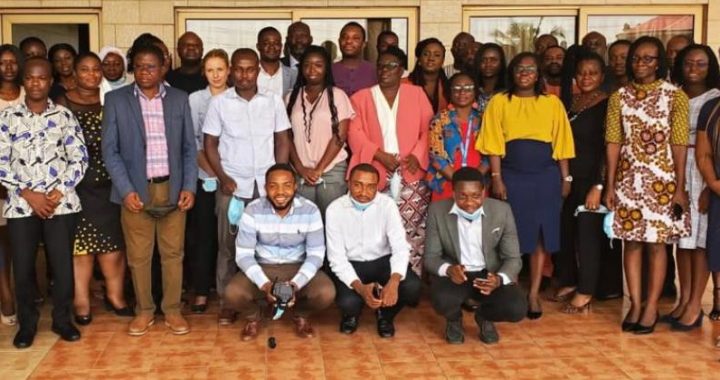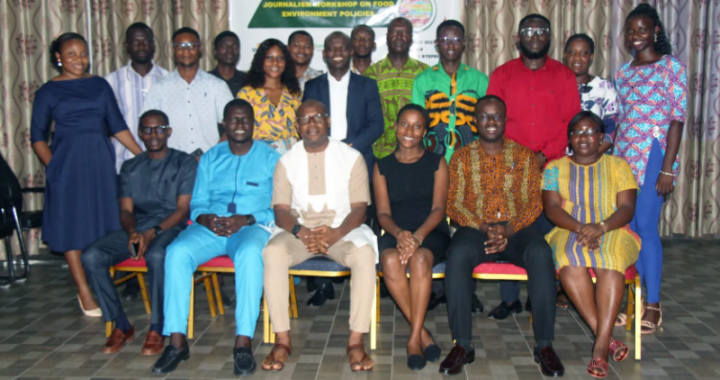It is estimated that non-communicable diseases will become the leading cause of death in Africa amidst prevailing challenges of infectious diseases, undernutrition, and micronutrient deficiencies.
Research suggests that unhealthy food environments hinder progress in overcoming malnutrition as well as non-communicable diseases.
There is also increasing evidence for and recognition of the effectiveness of a set of policies that change consumer food environments and enable more nutritious diets.
It is in this light that a coalition of government agencies, including the Ministry of Health and Food and Drugs Authority, persons in academia as well as civil society is on a move to collaborate through four work packages that will establish the evidence, tools, policy pathways and evaluation to ensure effective and healthy food systems in the country.
The 3-year project will help develop and implement policies that tackle unhealthy food environments in Ghana.
Speaking at the launch of the Healtheir Diets for Healthy Lives (HD4HL) Project in Accra on March 9, Health Minister, Kwaku Agyemang-Manu said “Ghana has demonstrated commitment to addressing malnutrition challenges, particularly, food insecurity and undernutrition. National policies demonstrate that Ghana is committed to the Sustainable Development Goal 2 (zero hunger).”
He averred that responding to malnutrition and related issues requires what he describes as double-duty actions that tackle several challenges at a time.
“In settings facing the double burden of malnutrition, such as Ghana, responding to these needs require double-duty actions which are described as actions that address both undernutrition and obesity, and other nutrition-related NCDs including policy options that create healthy food environments,” Mr. Kwaku Agyemang-Manu said.
For his part, Principal Investigator of the HD4HL Project, Prof. Amos Laar, revealed that the initiative will enable the University of Ghana to go beyond conducting policy-influencing and policy-impacting public health research to
contributing sufficiently and meaningfully to public health policy-making in Ghana.

Prof. Amos Laar, Principal Investigator of the HD4HL Project
He is of the conviction that “If governments enact comprehensive policy measures that limit the availability of unhealthy foods in public institutions and markets, adjust the relative price of foods to equitably promote
health and economic value, and ensure that food products have bold and truthful information for all consumers among others, this will make unhealthy diets unattractive and unavailable, while making healthier diets
available, and attractive.”
The HD4HL Project seeks to develop, validate, and build consensus for a fit-for-local-purpose nutrient profiling system that allows for open, transparent categorization of foods and the determination of how policies will apply to locally available foods in Ghana.
It also looks forward to generating and synthesising gender-responsive evidence on the impacts of policy actions aimed at equitably shifting the relative price, availability, procurement and marketing of healthy and unhealthy foods.
It will as well facilitate understanding of pathways for effective policy adoption, implementation and monitoring of outcomes for changing consumer food environments.
Mobilise and strengthen the capacity of a coalition of public, private and social sector stakeholders critical to the effective development and implementation of evidence-based food environment policies as well as strengthen collaboration and share evidence and experience regionally in order to set food policy standards for African nations that may be followed or improved upon.
Source: newswiregh.com




